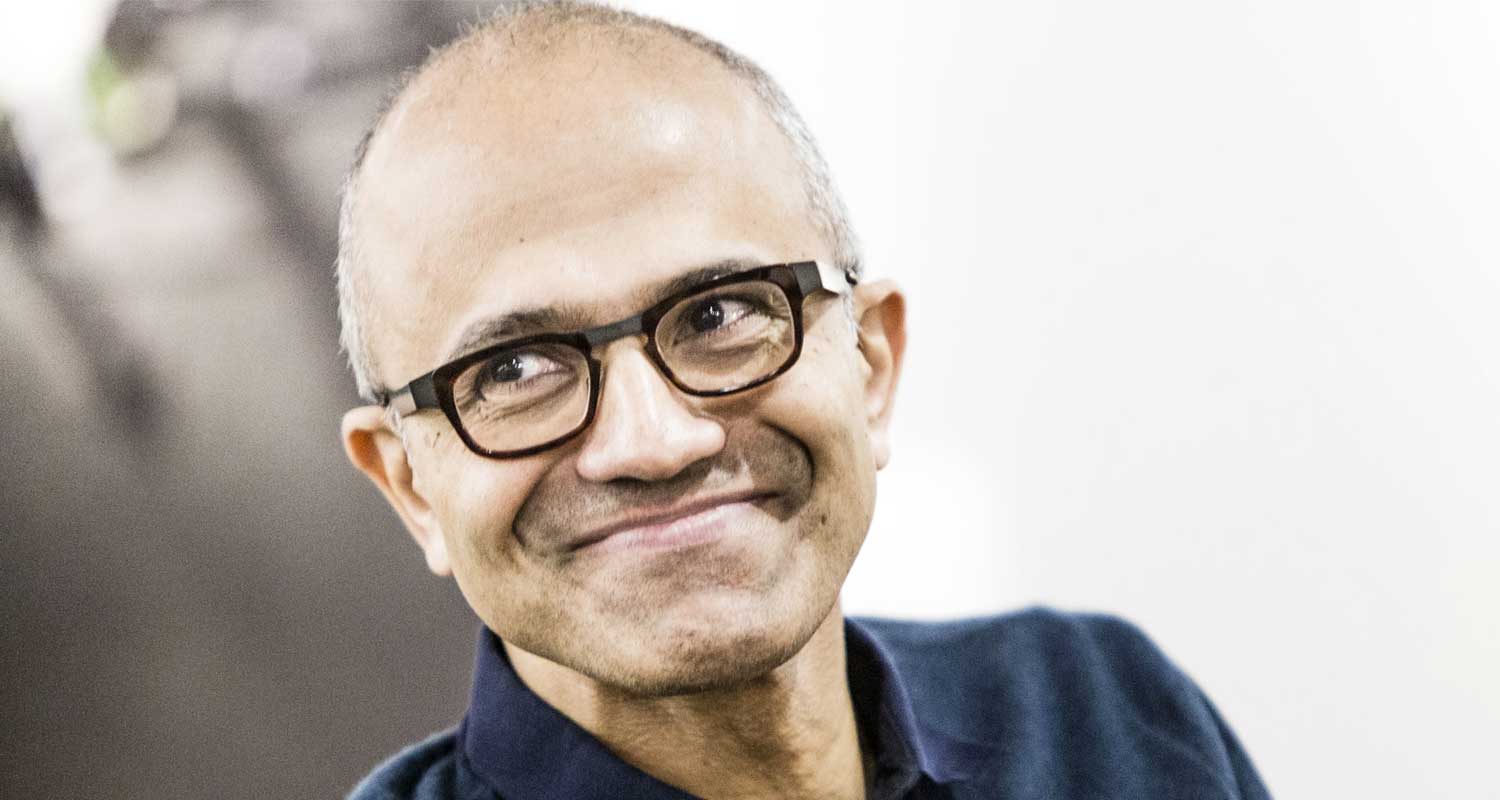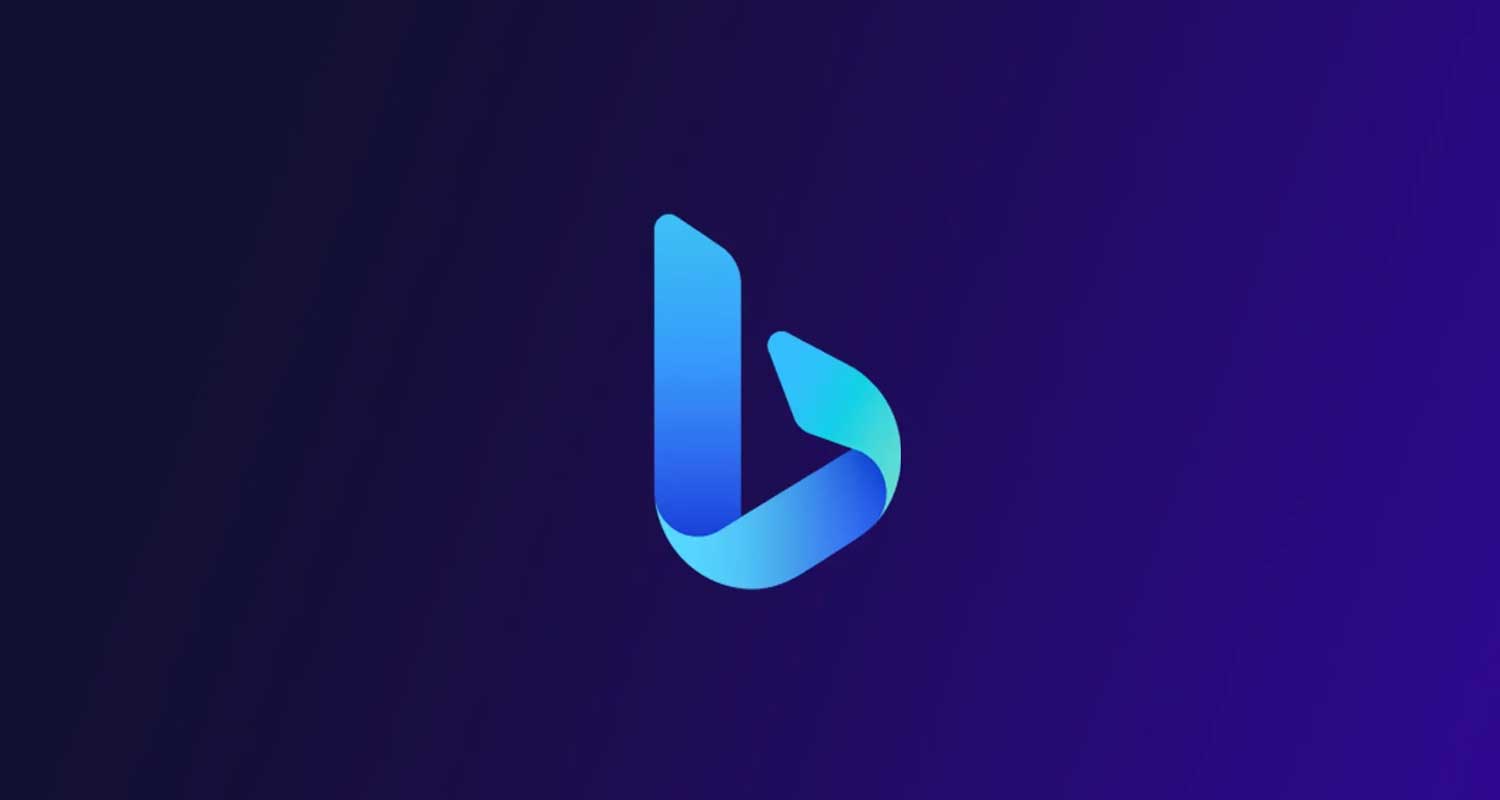
With Microsoft adding artificial intelligence technology from OpenAI to its Bing search engine, CEO Satya Nadella sees another opportunity to challenge Google’s dominance.
It’s been a long time coming for the 55-year-old executive. Nadella oversaw engineering when Microsoft was building Bing in the mid-2000s, when the company was struggling to win market share. This time around, Google’s advantage as the incumbent will matter less, Nadella said on Tuesday.
The Microsoft AI model for search — called Prometheus and built on some of the same technology OpenAI used for the viral ChatGPT chatbot — will allow it to make the biggest leap ever in the relevance of search results, he said. The new Bing adds the ability to chat and can even help users compose emails and other content.
Read: In conversation with Microsoft’s new AI search tool
But Google isn’t standing still. The company said on Monday that its own conversational AI service, Bard, is opening up to trusted testers — and that Google is readying the platform for the public “in the coming weeks”.
“The entire search category is now going through a sea change,” Nadella said in an interview. “That opportunity comes very few times.”
The following conversation was edited for length and clarity.
Search hasn’t changed much in a long time. What’s happening now?
To be able to rethink search — those opportunities come few and far between. It’s a little bit like what Google did back in the day between AltaVista and Google, and that opportunity is back again. And so that’s why I kind of call it the first day of a new race.
Does Google’s lead matter in this new search world
They are the 800-pound gorilla in here. And the thing that’s exciting is the fact that they will have to innovate. It’s a new paradigm. It’s a new day, and search innovation is back into the forefront. The fact that the largest software category with the best economics is back in contest is just fantastic.
Read: Google unveils ChatGPT rival Bard
It’s fantastic for users. It’s fantastic for publishers. It’s fantastic for advertisers, and it’s good for suppliers. Ultimately, any company only stays relevant if you can reinvent yourself. You have to rebuild yourself all the time, and Google, I’m sure will be thinking their thoughts on what it takes for them to be relevant.
What else will be disrupted by AI?
What is it that Microsoft got right in its 48 years? It’s our ability to make these transitions when they’re big. And some we got; some we didn’t. Like mobile, we clearly missed. We got the last one in cloud. We got the PC to server. We really got even the Internet to a large degree. But that is what it takes.
What is important is to be able to say, “Okay, when you see the shift, can you rethink?” That means we have to be on our heels too, right? It’s not like we can take anything for granted. And so every category of ours — I mean, take Azure — one of the things that I was most excited about four years ago was to rethink Azure using these workloads called AI training workloads and inference. That’s what got us and OpenAI close.
 What should we expect next from Microsoft in this space?
What should we expect next from Microsoft in this space?
I’ve already stated that we are going to apply this very aggressively across every category at Microsoft. It feels more like the early 1990s at Microsoft, where every day I want us to be able to introduce new categories or redefine categories.
Should Microsoft software flag when content is AI-authored or assisted?
It’ll be an interesting next area for when we think about how much of the draft was unedited. Is editing of a draft human or not human intervention? I mean, I look at it and say, “God, if somebody said like, ‘Satya, send me your documents that have not had any AI intervention.’ I mean, I can’t spell at all. And so, therefore, nobody will be able to read what I write. And so, thank God for the spell check.”
Read: Alphabet drops $100-billion after Google chatbot flubs answer in ad
So to some degree, should I annotate? Should I say, “Hey, thanks for the red squiggly?” This is where I think culturally it’s very early on. I’m not trivialising the question at all because it’s a very important question. I kind of feel in all of these cases, we have to start saying, “Can we annotate it and say, ‘Hey, there were large parts of this thing where AI assisted.’”
What was the first thing you tried with the new Bing?
It was the summer of 2022 when I saw this generation model for the first time. Growing up, I always dreamed of being able to read Rumi — the Persian poet Rumi — translate Rumi’s poems into Urdu and then transliterate it into English. You can kind of do it by doing by going to multiple sites, but this was just one shot. — (c) 2023 Bloomberg LP




